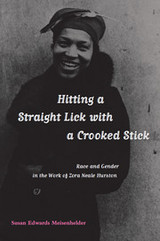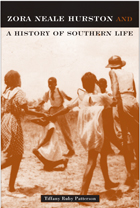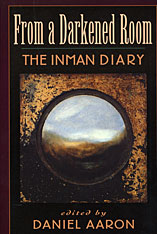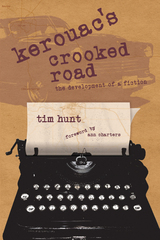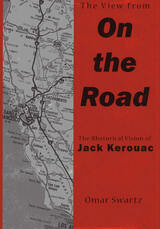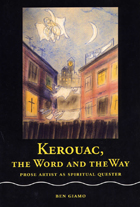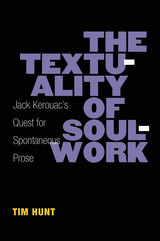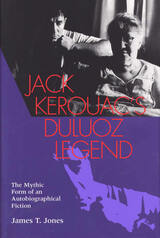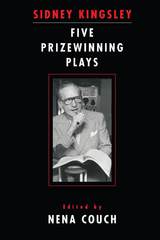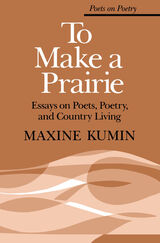Cloth: 978-0-8093-1828-5 | Paper: 978-0-8093-3006-5 | eISBN: 978-0-8093-8598-0
Library of Congress Classification PS3521.E735M435 1993
Dewey Decimal Classification 811.54
In this pioneering critical study of Jack Kerouac’s book-length poem, Mexico City Blues—apoetic parallel to the writer’s fictional saga, the Duluoz Legend—James T. Jones uses a rich and flexible neoformalist approach to argue his case for the importance of Kerouac’s rarely studied poem.
After a brief summary of Kerouac’s poetic career, Jones embarks on a thorough reading of Mexico City Blues from several different perspectives: he first focuses on Kerouac’s use of autobiography in the poem and then discusses how Kerouac’s various trips to Mexico, his conversion to Buddhism, his theory of spontaneous poetics, and his attraction to blues and jazz influenced the theme, structure, and sound of Mexico City Blues.
See other books on: 1922-1969 | Kerouac, Jack | Map | Poet | Poetic works
See other titles from Southern Illinois University Press



